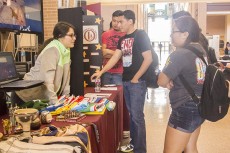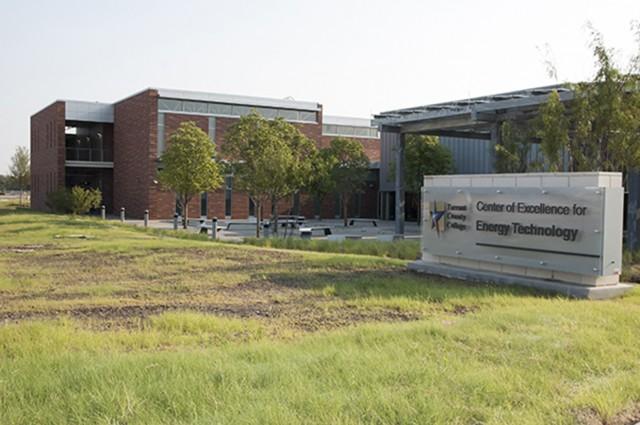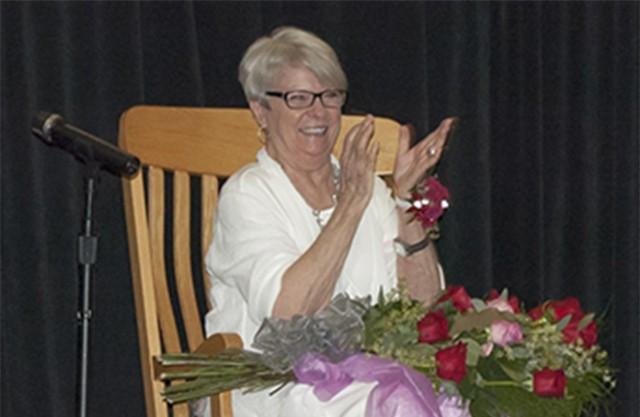By Martin Paredes/reporter
Different organizations are available on each campus to help new students find their niche at TCC.
Alicia Coleman, NW student development associate, said she recommends clubs to new students based on their interests.

Collegian file photo
“We have over 30 clubs on our campus that are active in different ways,” she said. “The biggest thing we look at is what they are hoping to get out of their experience here.”
South information center assistant Alyssa Petty said her department tries to help empower students.
“The student activities staff truly wants our students to take ownership in their club or organization and become the leaders we know they can be,” she said.
Coleman said her department supports the clubs.
“We do our best to make sure all clubs are given the right tools to survive and to thrive,” she said.
The Organization of Latin Americans and the Latin American Student Success Organization won outstanding club of the year on SE and South, respectively.
OLA president Edwardo Avalos said the organization members always volunteer at on-campus events as well as focus on education.
Commitment to education has led to many OLA members joining SE’s Phi Theta Kappa honor society.
“We have three members of OLA that just became officers of Phi Theta Kappa,” he said. “At the beginning of the semester, we only had a couple, but by the end, we had at least 15 of our members in PTK.”
SE student success coordinator Eligio Martinez called OLA a support network for the Latinos who are often the first in their families to attend college.
“These students don’t know a lot about the process,” he said. “OLA provides them with the support network of students that have gone through it and can give them advice.”
Martinez said the organization was like a “home away from home,” and South LASSO president Jessica Perez felt the same way about her organization.
“Many of us come to college with few friends, and at LASSO we like to help with whatever we can,” she said.
Perez said the group was successful because of its on-campus participation.
“We will do whatever volunteer event comes to our hands,” she said. “I think that’s what makes us stand out.”
Perez said LASSO sometimes had speakers come to its meetings to highlight the Latino culture.
One spring speaker, Lisa Castillo, is principal of South’s early college high school. Perez said she was really excited when Castillo asked LASSO members to serve as mentors for the high school students.
Men of Color on TR, the African American Success Organization on South and the International Students Association on SE are other TCC minority organizations.
There is little argument as to what the “go-to organization” on NE is as far as sociology instructor Cheryl North is concerned.
“Just being part of Student Ambassadors opens up all kinds of avenues because campus administration knows that they’re student leaders,” she said. “As far as charitable work, you’d be hard-pressed to name an organization that we haven’t worked with.”
Student Ambassadors form study groups but also help new members in another way, according to NE student development associate Mishuna MacDonald.
“A freshman coming in would be able to be matched with students that have been here a semester or more and receive feedback on what has worked for them,” she said. “They’re consistent and diligent in nurturing incoming students and motivating them to be more involved.”





























